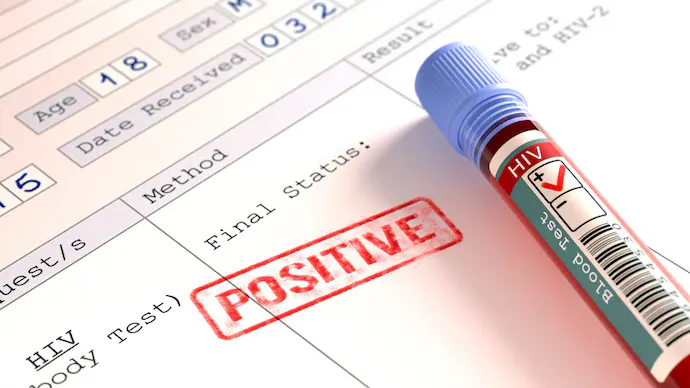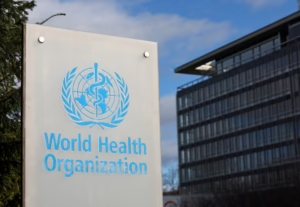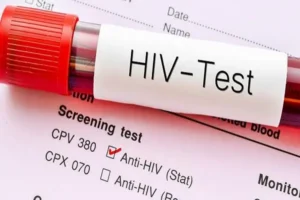WHO warns that eight countries may face shortages of HIV treatments due to USAID funding cuts.
According to the WHO, Haiti, Kenya, Lesotho, South Sudan, Burkina Faso, Mali, Nigeria, and Ukraine may run out of HIV treatments in the coming months.

WHO Warns HIV Treatment Shortfalls in Eight Nations Due to Cuts in USAID Funding
The World Health Organization (WHO) has warned that eight nations will be facing a serious shortage of HIV medicines within the next few months due to USAID cuts. The eight countries at risk include Haiti, Kenya, Lesotho, South Sudan, Burkina Faso, Mali, Nigeria, and Ukraine, which might run out of stock for critical HIV drugs in the next few months, endangering millions of lives.

Consequences of USAID Reductions on HIV Treatment
USAID has been a significant donor to global health programs, especially the battle against HIV/AIDS. Recent budget cuts have, however, had a major effect on the provision of antiretroviral therapy (ART) in many parts of the world. The WHO warns that if urgent action is not taken, individuals who rely on these life-prolonging medications may suffer severe health outcomes.
HIV drugs, such as ART, suppress the virus, curb transmission, and enhance the quality of life for people living with HIV. The abrupt disappearance of these drugs would result in higher viral loads, increased transmission, and an explosion of HIV-related complications and deaths.
Countries at Risk
The WHO report points out that Haiti, Kenya, Lesotho, South Sudan, Burkina Faso, Mali, Nigeria, and Ukraine are among the most vulnerable countries to treatment shortages. These nations have large numbers of people dependent on ART, and supply chain interruptions could seriously impact public health initiatives to control HIV/AIDS.
Most of these countries are already struggling with healthcare infrastructure, and it is challenging to handle a crisis of this scale. In areas with conflict, such as South Sudan and Ukraine, the situation is worse since the healthcare systems are already under significant pressure.
Global Response and Possible Solutions
Global health agencies, governments, and NGOs are demanding swift action to cover the funding deficit and avoid an HIV treatment crisis. The WHO has appealed to donor nations and organizations to intervene and offer emergency relief to prevent interruptions in care.
Possible solutions being considered are:
– Emergency funding from other global health agencies and private sources.
– Reallocation of current resources to focus on HIV treatment in high-risk locations.
– Strengthening local supply chains to enhance the distribution of medications and decrease dependency on outside sources of funding.

Call to Action
The WHO highlights the need for urgent action in order to avert a severe setback in the battle against HIV/AIDS. In the absence of alternative sources of funding, the effects would be catastrophic, wiping out years of progress achieved by the world in HIV treatment and prevention programs.
With the world still trying to face up to public health threats, ensuring that access to HIV-saving medications should be of priority must still continue. Donors, governments, and global institutions should unite in ensuring they discover durable options to keep millions safe from being endangered by interrupted treatments.






